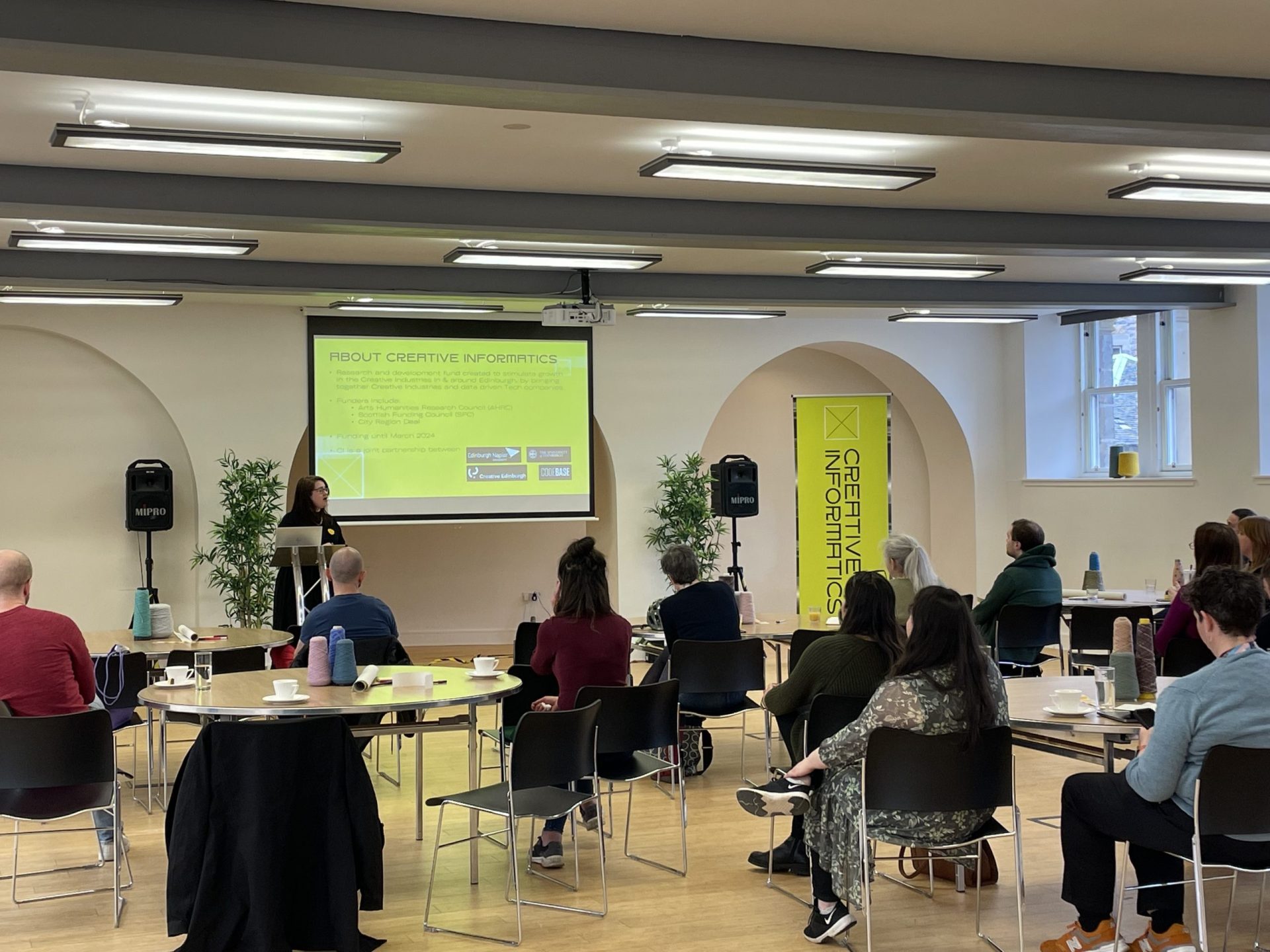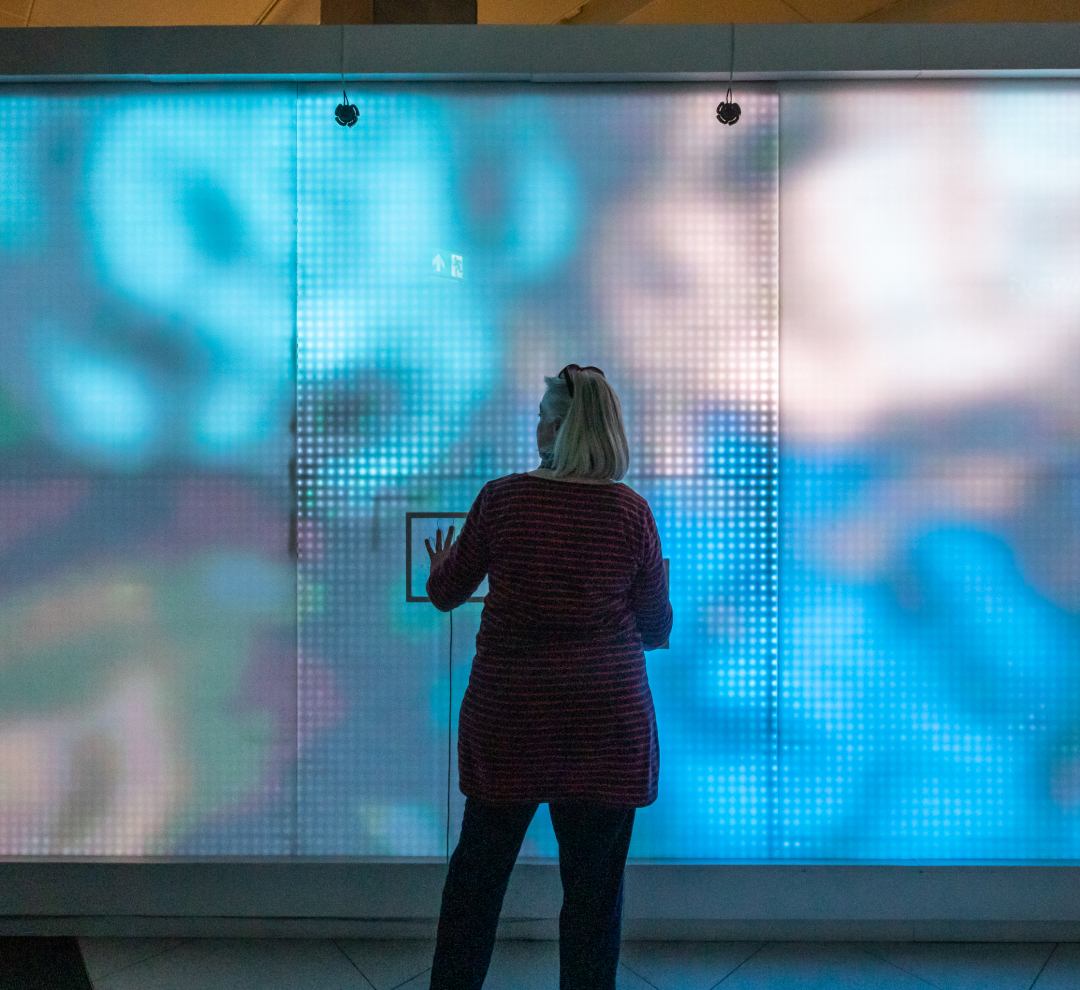
PROJECT | HOLLY PATRICK |
The effect of the Covid-19 pandemic on the creative economy has been devastating, with almost every type of creative organisation facing severe, if not existential, threats to their financial stability. However, the reduction of work and the lack of government support has been the most severe for freelancers, who comprise 47% of the workforce (a huge proportion, compared even to the 15% freelance rate in the overall working population of the UK).
The point of this project was not primarily to measure the effect of the pandemic on freelancers (which is the subject of much larger quantitative studies in the academic, industry and policy sphere). Instead the focus of this project was to understand how creative freelancers were using online occupational communities to cope with the effects of the pandemic.
Doing the research
To develop this understanding, I first had to establish which online communities existed, and which were being used to discuss the effects of the pandemic. An initial list of potential platforms was developed (Facebook, Twitter, LinkedIn, Reddit, and web forums) and a netnographic approach was adopted to investigate these platforms, by dwelling within the communities, speaking with community members and downloading posts and comments as data (where approval was given). It quickly became apparent that almost all the communities existed on Facebook, and although other sources of information were being produced (e.g. on twitter hashtags) there was less dialogue and support occurring on other platforms.
The list of communities was refined to 8: 3 are new communities established in response to the pandemic (linked to campaign groups), and 5 are pre-existing communities; 1 is a global group, 6 are based in the UK and 1 in Singapore; and all 8 of which are hosted on Facebook. It was clear from the data that these communities had become a key source of information, emotional support, and practical assistance for their members. Although there is a degree of diversity amongst them, the services provided by the communities ranged from advice on accessing funding streams to job offers, food parcels, access to qualified mental health practitioners, and as a basis for lobbying parliamentarians. I continue to gather netnographic data to understand how these communities are being used, and how the value of them changes, as the pandemic and its economic effects continue to evolve.
Interviews were then conducted with the founders of these communities to understand how and why they were established, and how the evolving nature of the pandemic has changed their priorities and operation. As this is the first global pandemic in the era of social networking, I was particularly interested in exploring how each community was linked to the others and to lobby groups, how they mobilised in response to member concerns, and what were the key challenges in running them. It was also my intention to interview 2-3 active members of each community, although this proved difficult to realise due to a low response rate from potential interviewees. In total, I interviewed 9 founders/admins, 1 industry expert and 5 freelancers (recruited from twitter/contacts).
Findings
The interviews are still being analysed, but preliminary insights might be drawn. Those who set up new groups tended to have previous experience in project management or in running complex groups/projects (e.g. 2 were filmmakers). The impetus to start the groups was normally a perceived need amongst a small group of acquaintances, with groups subsequently attracting the interest of a very large number of others (most started out with the intention of being communities of >30 people, but now have hundreds or in some cases thousands of members). The rapid growth of the groups placed most of these leaders into a position of being seen by others as a representative of the group they lead. Some founders were profoundly uncomfortable with being treated as a representative and took a step back, while others embraced the role to the extent of sitting on government roundtables to represent creative freelancers. All agreed that administering such communities is time consuming and emotionally draining, with many arguing that it was in effect a fulltime job. This partly reflects the fact that in addition to all the standard admin involved in running a Facebook group (such as managing membership and mediating disputes over posts), many took on the responsibility of sourcing and parsing external advice (for example on how to apply for income support) and also an advocacy role with external support organisations. For many in the sample, this work had been completely unremunerated, although some had applied for and been awarded funding to support their running of communities.
The effect of these communities remains to be fully realised, but already there are some notable outcomes. The lobbying of groups in the arts industry was instrumental in placing pressure on the government to provide an Arts rescue funding package (4 of the study communities were involved). The lobbying of one community led to the founding of the largest ever all parliamentary group for those excluded from the government’s income support schemes. Several founders in the UK and Singapore have been invited onto government roundtables to directly lobby for increased support. Most importantly, the data shows how incredibly valuable the mutual support shown by members of the communities has been in guiding people on the support available to them, sharing work opportunities, and providing emotional support to those who were struggling.
Outcomes/Impact
This research will form the basis of an academic journal article and has already led to an article in The Conversation UK (2020) (with Chris Elsden), and to an interview on a national radio station. As part of the interview process, it became clear that Excluded UK would benefit from assistance in survey design and analysis, and so they were matched with researchers in UK universities who provided them with valuable feedback and ideas. This relationship is ongoing and the offer of similar support has been made to all participants. The next steps are analysing the existing data whilst continuing to gather netnographic data to capture the shifting engagement on the communities as the effects of the pandemic continue to unfold.
I welcome discussions with anyone interested in the project at h.patrick@napier.ac.uk and more information can be found at https://crisiscreatives.online.
